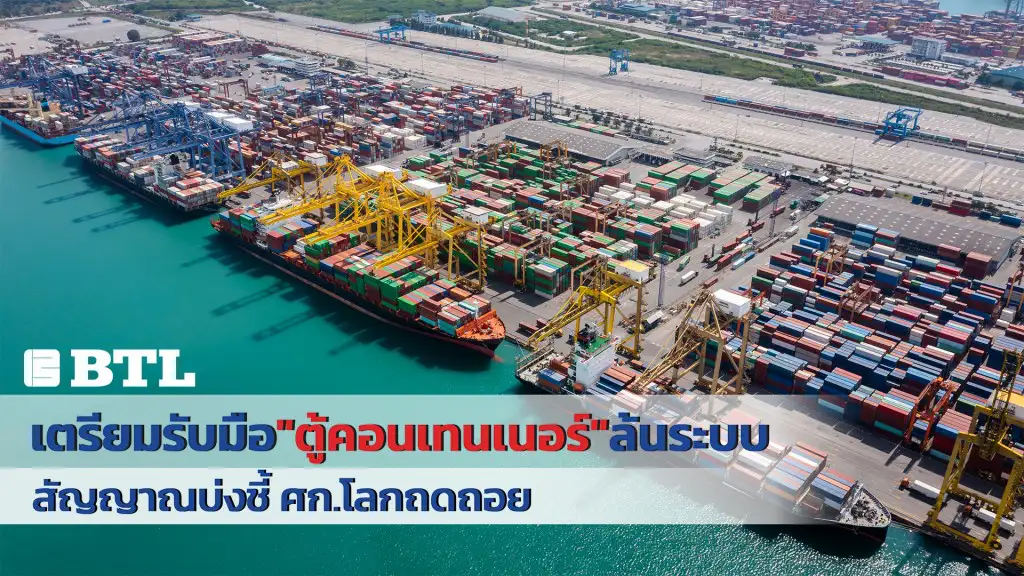Container overflow system
The Employers’ Confederation of Thailand points out 4 risk factors that will drag down the Thai economy at the end of the year and continue into the middle of next year, including:
- The risk of the global economy and trading partners collapsing to the deepest recession in four decades is probably difficult to avoid affecting Thailand.
- The world is entering a period of hyperinflation that will continue until 2023, which Thailand is still facing, causing the prices of consumer goods to be expensive until next year.
- Business liquidity is decreasing – household debt is high and there are a lot of poor people. In one year, household debt increased to 492 billion baht or 3.46 percent. If by the end of the year, it may increase by no less than 700 billion baht. High household debt is significantly related to the increasing number of poor people, as reflected by the registration of low-income earners, state welfare or “poor people’s cards”, which increased from 13.65 million people to 20.105 million people in one year, an increase of 47.25 percent, showing the structural fragility of Thailand where almost 1 in 3 of the population is poor.
- The baht exchange rate is volatile and will continue to depreciate. From a comparative study, it was found that the baht depreciation has a significant effect on international reserves. In the past 9 months, the baht exchange rate has depreciated by 14.33% and is likely to continue to depreciate. While from the beginning of the year to the middle of October, reserves decreased by 47,937 million US dollars, or 17.4%, of which 14,137 million US dollars was a trade deficit. From now on, how can the management of reserves that have decreased to a record high be able to keep the baht from depreciating beyond the equilibrium point?
Source: mgronline
————————–
Contact us for BTL service inquiries
02-681-2005 to 9
www.bkkterminal.com
m.me/BangkokTerminalLogistics



